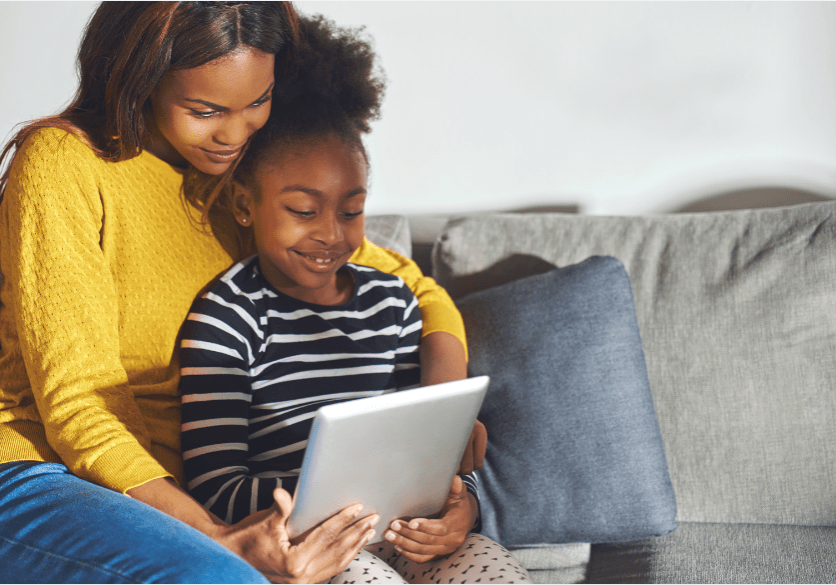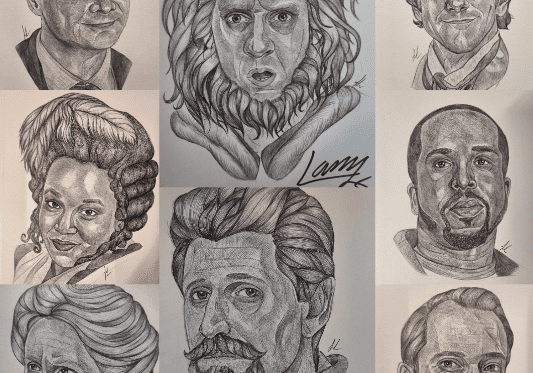Equity, diversity and inclusion
We are committed to supporting anyone who has been affected by rape or sexual abuse and strive to make our services as inclusive as possible.
“We are committed to tackling issues of inequality, privilege, and systemic bias by naming them, discussing them, and taking personal and collective responsibility to change them. We know that it is not the job of the people being targeted by prejudice and discrimination to start the dialogue, carry the emotional labour of the conversations, or grant absolution to those who are feeling shame and guilt about the pain being experienced by others.”
What is EDI?
Equity: providing full access to all people. Acknowledging and removing structural barriers that prevent full participation of some individuals and groups.
Diversity: reflecting and supporting the variations of experience and identity between different people and groups.
Inclusion: ensuring all people feel welcomed and valued. Fostering a sense of belonging.
Being an inclusive organisation is really important to us and we will continue to do everything we can to make all victim-survivors feel welcome, safe and supported. Our services are shaped and informed by the needs of the all the communities we serve.
Everyone has the right to be treated with respect and dignity. We strive to prevent discrimination in the services we provide and in our workplaces and actively reduce barriers to ensure that everyone has access to the specialist support they need.
We promote social justice through our gender-based violence campaigning and aim to include the voices of people from all backgrounds in our campaigns.
We listen, believe and provide specialist support services for all genders including girls, boys, women, men, cis, trans, non-binary and intersex people.
We provide women-only spaces as part of a trauma-informed approach to gender-based violence. This means that some SARSAS services are women-only. Our definition of women-only is inclusive of trans women.
We offer women-only services on Tuesdays and Wednesdays. This means that support will provided by a woman and that the support space will be women-only. Due to our hubs being located in shared office spaces, we can’t guarantee that the whole building will be women-only.
Mondays, Thursdays and Fridays are designated as days where we welcome people of all genders.
We acknowledge that our organisation and those who use our services are not yet representative of the many communities and people that can be most impacted by sexual violence.
We are committed to changing this at all levels of the organisation and welcome people with protected characteristics to the SARSAS team, ensuring they are fully supported while in our employment. We ensure that all staff and volunteers receive regular training around supporting and working with all protected characteristics and that our EDI steering group is well-resourced and effective. We are taking steps to better understand the barriers and discrimination faced by our staff, volunteers and people who use our service and actively address them.
We are working to our action plan which takes an active, holistic, and organisational approach to improving equity, diversity and inclusion and addressing barriers that may prevent some people being able to access the support they need. Our EDI action plan 2023-2025 is focussing on LGBTQIA+ inclusion and becoming an anti-racist organisation. This process is ongoing and we continue to focus on all forms of discrimination on our EDI steering group.
We take an intersectional approach to addressing gender-based violence which recognises that people from multiple marginalised groups may experience more than one form of discrimination. We also recognise that there structural barriers that exist outside of the protected characteristics listed in the Equality Act 2010 which affect people using our services and look to address these as part of our wider EDI work.
Useful links
In this section
The latest from our news and blogs

Online Safety Act 2023: what might happen in practice? (Part 3)
In the third and final of our series of blogs looking at the Act, SARSAS comms volunteer, Toby, gives an overview of the act, how it has been implemented so far and what might come next.

Frank’s Inspiring Art Auction for SARSAS
At SARAS, we are incredibly fortunate to be surrounded by people who go above and beyond to help us listen, believe, and support victim-survivors of sexual violence. One such person is the wonderful Frank, whose recent fundraising initiative not only surpassed expectations but also showcased the power of creativity and community spirit.



